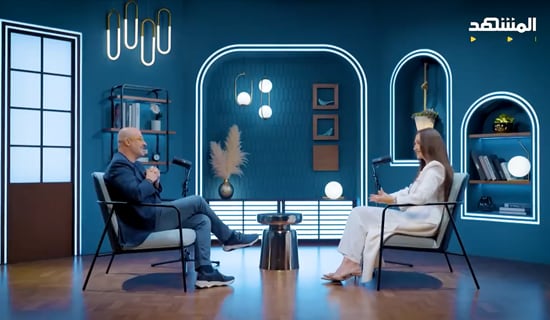
The following are excerpts from an interview with Sirus Naseri, senior negotiator with Europe on the Iranian niuclear dossier. Channel 2 of the Iranian TV aired this interview on March 13, 2005
Naseri: Today or tomorrow we will probably talk with the three countries [England, France, and Germany] and they will have to explain the letter they gave us, as well as the reports of a secret deal [with the US] about us. If they want to make such a deal behind the scenes, we have no reason to continue negotiations. The Europeans deny that there is such a deal.
They say that the only thing they told America is that unless they reach an agreement with Iran, and unless the Iranian issues are be completely resolved, they will go to the UN Security Council. Even on this matter we have something to say, because at the October meeting in Vienna – before the Paris meeting – they stated, the Europeans mentioned their threat to go to the Security Council in the draft they handed us. We told them that if they want to go to the Security Council, it's better not to negotiate at all. We said to them: 'If you go to the Security Council, we will counter-measure every step you take there. If you have the will and the courage – go ahead.' They were the ones who asked that both sides cease their threats. Therefore they shouldn't talk now about going to the Security Council.
Host: The letter they wrote…
Naseri: In my opinion, this was paying lip service to America. But as far as going to the Security Council – the Europeans certainly don't want that, because they will be greatly damaged.
For the Europeans, success in these talks – at least at this stage – is a must. For us, it is an advantage. We'd prefer to reach an agreement and go about our business, because it would improve our relations, but it is not imperative. This road taken by Europe… If these talks fail, and [Europe] is not able to promote them, it would find it difficult to play a major role in any important global political issue. This is a crucial point. This also gives us room to maneuver vis-a-vis Europe and to use it as a buffer – not a mediator – between us and [the US], with which we are in conflict.[The Europeans] have been so caught up with their own propaganda. The Americans keep talking about 'Iran's nuclear weapons'… The Europeans have said it so often they've begun to believe it themselves. They are negotiating as if we have [nuclear weapons]. That is how they talk. Psychologically, they are behaving as if we have a bomb. That is how they are negotiating with us, although having such a bomb would not serve us and we don't even want it. We consider it detrimental to our security. But since they are caught up in this, they behave accordingly and think: 'What if something happens, and we'll have to face a nuclear Iran – an Iran that possesses nuclear weapons?' This is their concern. Their behavior stems partly from the idea that they got in their heads. That's why they always like to talk about a Middle East free of nuclear weapons. They say: 'We know you are threatened by several parties - Israel and others…' When they raise these issues, we say that it has nothing to do with threats. We only want to produce [nuclear] fuel. We truly want to produce fuel. Why should we care that technically speaking, this enrichment-based fuel production can also be used for something else? Many things in the world are like this. Take this glass, for example: You can pour water in it, but it can also be sharp and cut your hand. Like a knife… like many other things… What is important is our intention. Our intention is important. Moreover, we allow supervision.
One thing worries us, and because of it, we told the Europeans that their time is running out. We said: 'We don't know what deal you made with the Americans, and your denial of such a deal is unclear to us.' There is a danger that their offer will improve to a point that if we reject it, they could claim that they made Iran an excellent offer and that its rejection indicates a desire for nuclear weapons. This is indeed a danger. Therefore, the negotiations have become much more difficult, the pressure has increased, there is more tension, and we are getting to a point when we might take the final step.













